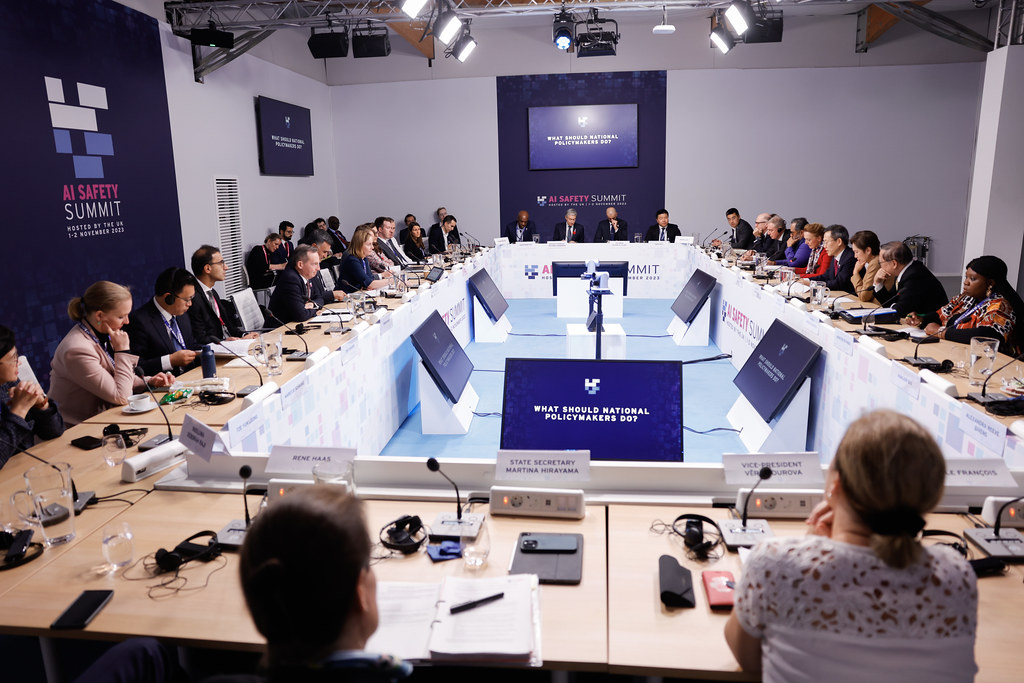What Has Iran Done Now? A Primer on Recent Iranian Missile Tests and Sanctions
Last week, the Obama administration was on the verge of announcing new sanctions on individuals and companies accused of helping Iran develop its ballistic missile program. At the last minute, however, the administration notified Congress that it would be delaying the imposition of these sanctions, without offering any explanation for the delay or a timeline for when it might impose the sanction.
Published by The Lawfare Institute
in Cooperation With

Last week, the Obama administration was on the verge of announcing new sanctions on individuals and companies accused of helping Iran develop its ballistic missile program. At the last minute, however, the administration notified Congress that it would be delaying the imposition of these sanctions, without offering any explanation for the delay or a timeline for when it might impose the sanction.
Though much of the recent discussion of Iran has focused on the nuclear deal (formally known as the Joint Comprehensive Plan of Action), the sanctions in question here are actually related to Iran’s violation of UNSC Resolution 1929 when it tested ballistic missiles this fall. The resolution, passed in 2010, provides in paragraph 9
that Iran shall not undertake any activity related to ballistic missiles capable of delivering nuclear weapons, including launches using ballistic missile technology, and that States shall take all necessary measures to prevent the transfer of technology or technical assistance to Iran related to such activities[.]
The resolution was adopted following Iran’s repeated violations of various other UNSC resolutions governing Iran’s nuclear processing, its failure to comply with the IAEA Board of Governor’s requirements, and its non-compliance with its Safeguards Agreement with the IAEA and the associated Additional Protocol.
This fall, Iran conducted two ballistic missile tests, one on October 10—three days before the Iranian parliament approved the nuclear deal—and one on November 21. In mid-December, a UN panel concluded that the October launch violated UNSCR 1929. Somewhat ironically, the report was delivered the same day that the IAEA decided to end its investigation into Iran’s nuclear activities, having concluded that there was no evidence that Iran had conducted nuclear weapons research since 2009.
Though the UN report is not public, the WSJ reported on the details the report included about the October 10 launch. According to the WSJ, “the ballistic missile, dubbed Emad, was an improved version of previous missiles, with a range of up to 1,300 kilometers (800 miles), a payload of up to 1,400 kilograms (1.5 tons), and better maneuvering capability when descending on a target.”
You can find additional discussion of this new missile here. Analysts believe that Iran is only interested in developing its ballistic missile capability as a delivery mechanism for nuclear warheads, which explains why this missile test would violate UNSCR 1929. Al Jazeera reports that the UN panel of experts assessing the tests considers missiles capable of delivering a 500kg payload at least 300km to be nuclear-capable missiles. Iran, however, has argued that it maintains the right to develop its missiles because they are not intended to carry nuclear weapons and are merely for defensive purposes.
The November test was of a different missile, Ghadr-110, but this missile is also capable of carrying a nuclear warhead. This second test wasn’t made public until December 7, at which point US officials said they were still reviewing and investigating.
The sanctions were supposed to target approximately a dozen companies and individuals in Iran, Hong Kong, and the UAE, all accused of aiding Iran’s ballistic missile program. The WSJ summarizes key elements of the proposed sanctions here.
This Lawfare post provides a helpful discussion of why the missile tests do not violate either the nuclear deal or the UNSC resolution endorsing and implementing specific portions of that deal. The JCPOA does not address Iran’s missile program. However, once the JCPOA goes into effect, UNSCR 1929 will be lifted, and the ballistic missile testing ban will be enforced by the weaker language of the new UNSC resolution.





